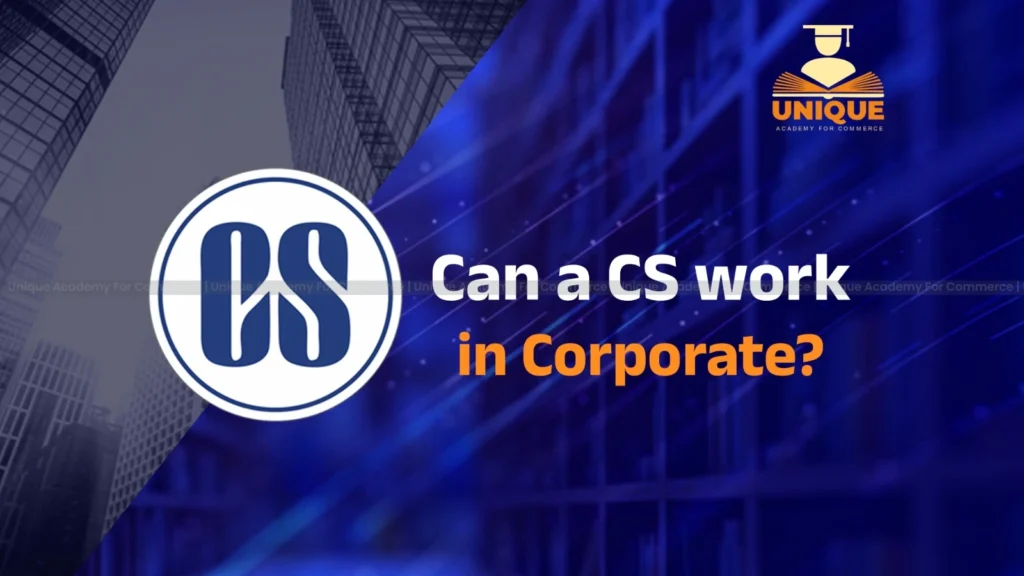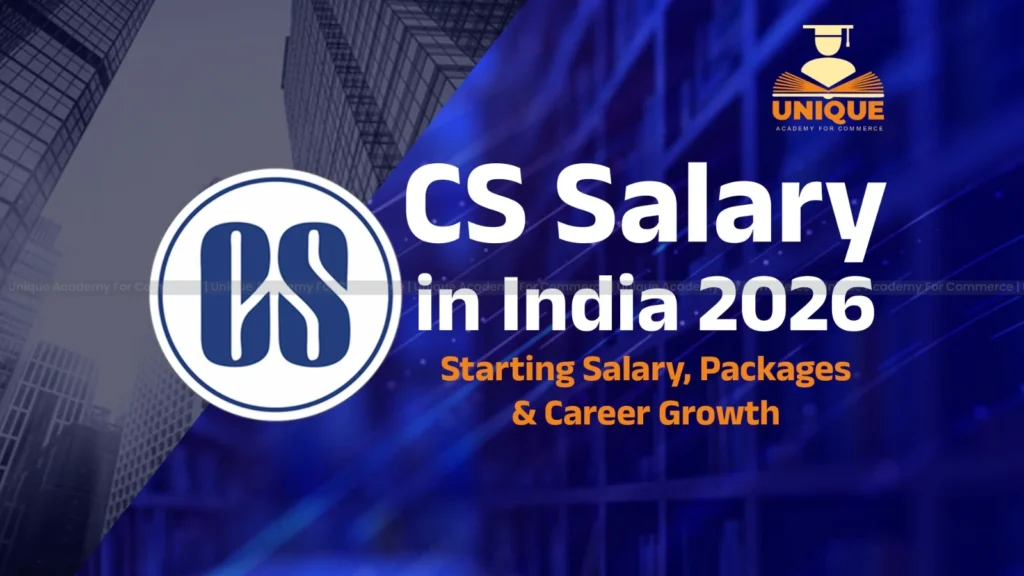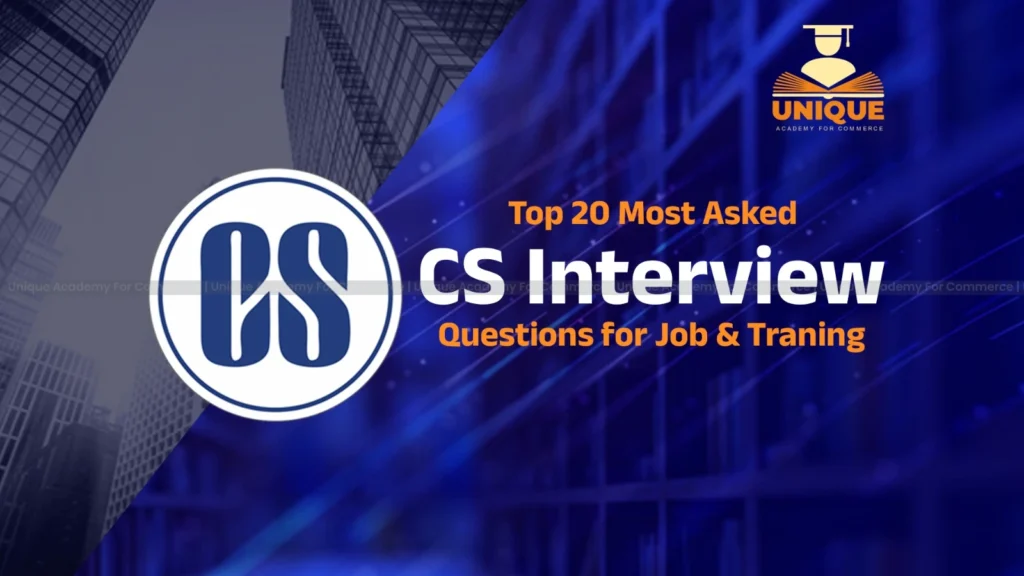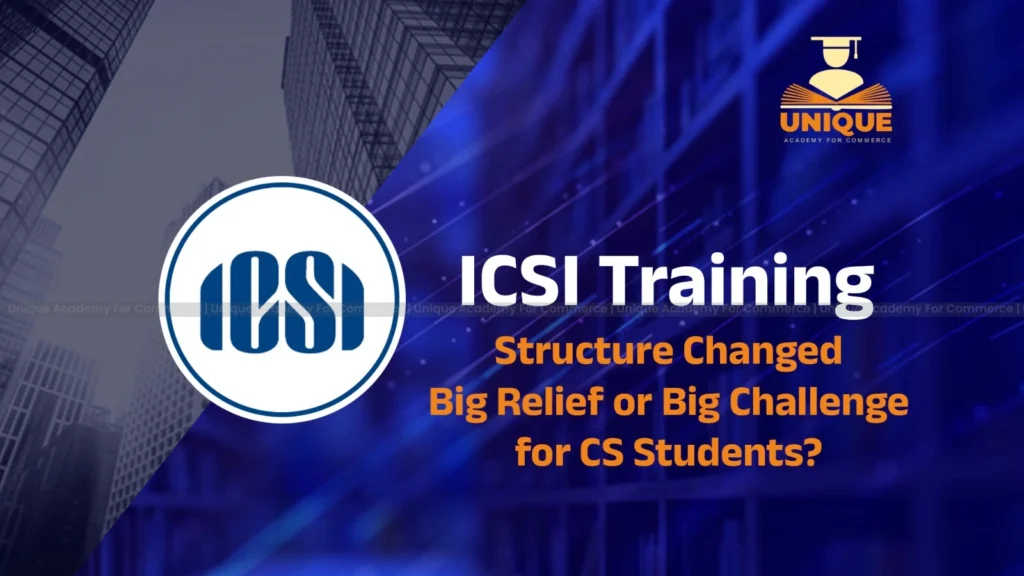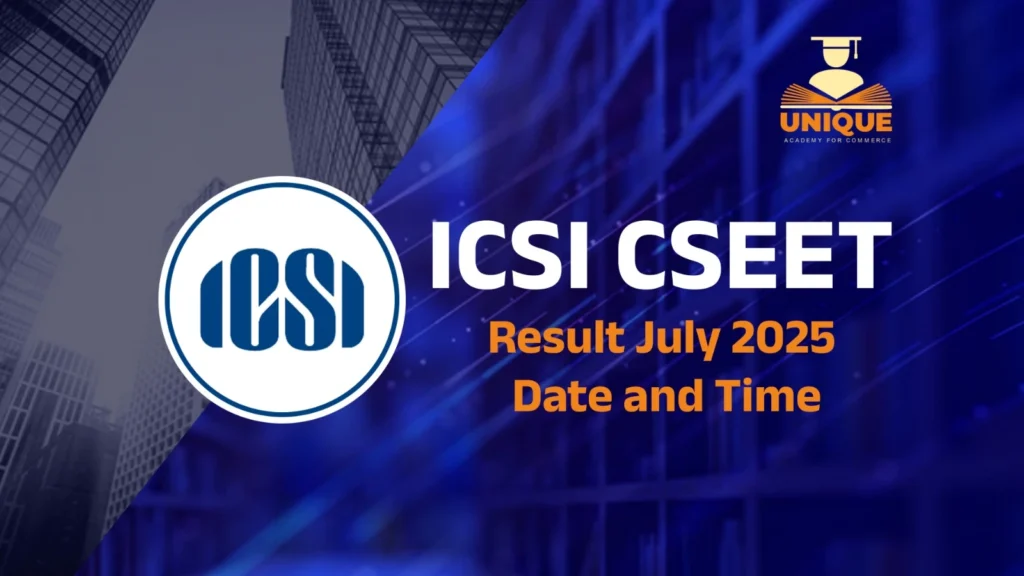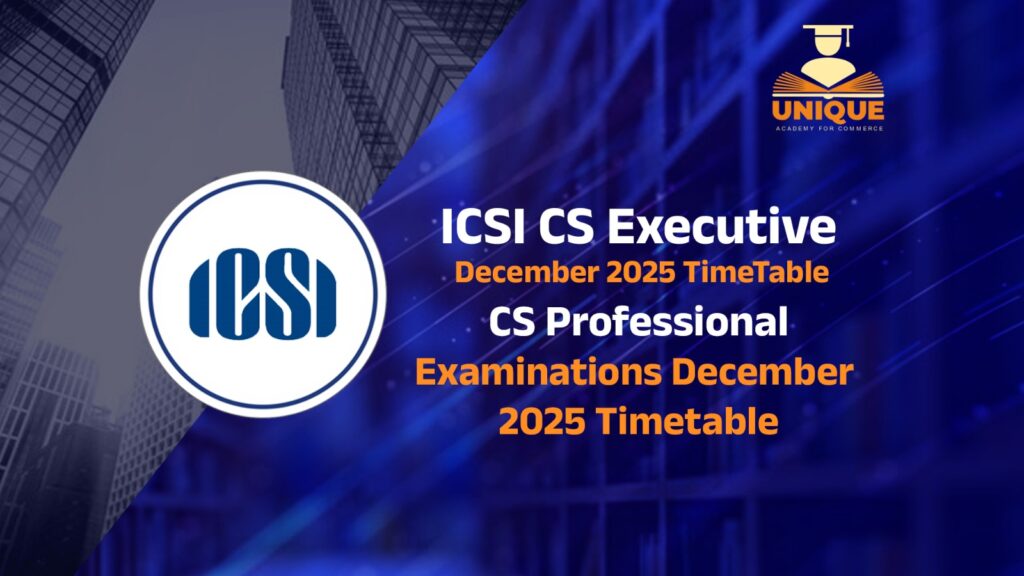CS Executive FM Video Lectures | CS Executive Financial Management Important Topics

CS Executive Financial Management Important Chapters
Preparing for CS Executive does not seem easy for the students even though 6 out of 8 subjects of Executive level are law subjects. CS Executive is basically the intermediate level of the Company Secretaries Course by ICSI.
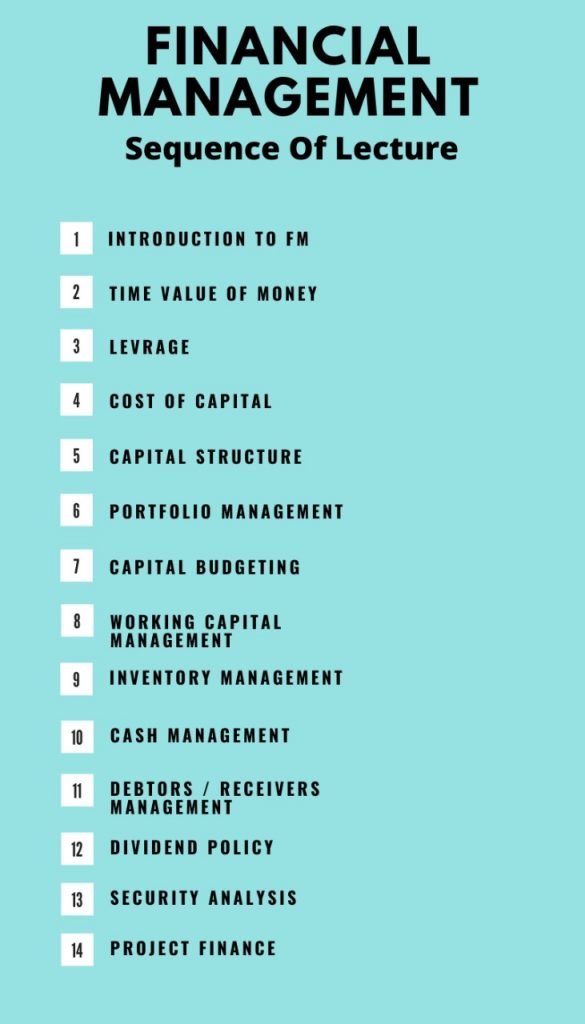
Part I: To provide knowledge of practical aspects of financial management so as to develop skills in taking financial and investment decisions.
Part II : To enable students to acquire multidimensional skills as to equip them to comprehend the process of strategy formulation.
Detailed Contents
Part I:Financial Management (60 marks)
- Nature and Scope of Financial Management: Nature, Scope and Objectives of Financial Management; Risk-Return and
Value of the Firm; Objectives of the firm; Profit Maximisation vs. Wealth Maximisation; Emerging roles of Finance Managers. - Capital Budgeting: Compounding and Discounting techniques- Concepts of Annuity and Perpetuity; Capital Budgeting
Process; Techniques of Capital Budgeting- Discounted and Non- Discounted Cash Flow Methods; Capital Rationing; Risk
Evaluation and Sensitivity Analysis. - Capital Structure: Introduction- Meaning and Significance; Optimal Capital Structure; Determinants of Capital Structure;
Theories of Capital Structure; EBIT – EPS Analysis; EBITDA Analysis; Risk and Leverage; Effects of Leverage on Shareholders’
Returns. - Sources of raising long-term finance and Cost of Capital: Sources, Meaning, Factors Affecting Cost of Capital; Methods for
Calculating cost of capital; Weighted Average Cost of Capital (WACC); Marginal Cost of Capital. - Project Finance: Project Planning – Preparation of Project Report, Project Appraisal under Normal Inflationary and Deflationary
Conditions; Project Appraisal by Financial Institutions – Lending Policies and Appraisal Norms by Financial Institutions and
Banks; Project Review and Control; Social Cost and Benefit Analysis of Project. Term loans from Financial institutions and
Banks; Lease and Hire Purchase Finance; Venture Capital Funds; Private Equity; International Finance and Syndication of
Loans, Deferred Payment Arrangements; Corporate Taxation and its Impact on Corporate Financing; Financing Cost Escalation. - Dividend Policy: Introduction- Types; Determinants and Constraints of Dividend Policy; Forms of Dividend; Different Dividend
Theories. - Working Capital : Meaning, Types, Determinants and Assessment of Working Capital Requirements, Negative Working Capital;
Operating Cycle Concept and Applications of Quantitative Techniques; Management of Working Capital – Cash Receivables
Inventories; Financing of Working Capital; Banking Norms and Macro Aspects; Factoring and Forfaiting. - Security Analysis: Measuring of Systematic and Unsystematic Risk; Fundamental Analysis (Economic, Industry and
Company); Technical Analysis and Efficient Market Hypothesis. - Portfolio Management: Meaning, Objectives; Portfolio Theory -Traditional Approach; Markowitz Portfolio Theory; Modern
Approach – CAPM Model; Economic Value Added; Sharpe Single & Multi Index Model; Risk Adjusted Measure of Performance.
CS Executive Financial Management Video Lecture
Best CS Executive FM Video Lectures

Prof. Ashish Parikh
Complete FM Video Lecture







